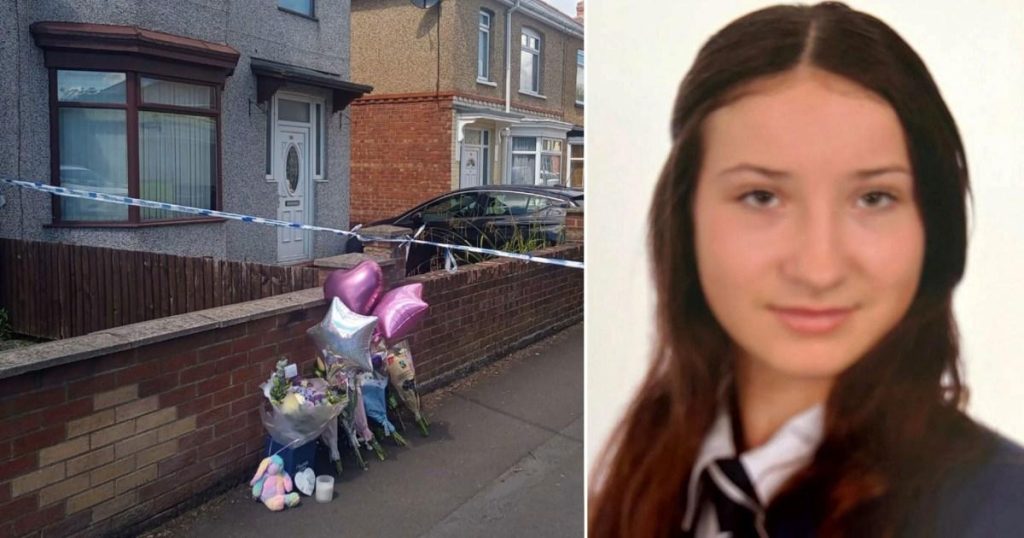A Father’s Denial: The Case of Scarlett Vickers’s Tragic Death
The death of 14-year-old Scarlett Vickers in her Darlington home has sparked a complex legal battle, with her father, Simon Vickers, vehemently denying any intention to harm her. Charged with both murder and manslaughter, Vickers claims Scarlett’s death was a "freak accident" resulting from harmless playfighting in the kitchen. His account paints a picture of a family evening disrupted by a tragic turn of events, while the prosecution and expert testimony suggest a more deliberate act of violence.
Vickers describes a casual evening at home, having consumed a few glasses of wine and a cannabis joint while watching football with Scarlett’s mother, Sarah Hall. Later, as Hall prepared dinner, Scarlett joined them in the kitchen, complaining of boredom. A playful atmosphere ensued, with the family throwing grapes at each other. This escalated into tickling and playful jostling, with Hall playfully using tongs to prod Vickers. He claims he attempted to grab the tongs from her when they accidentally struck a hot plate and flew out of his hand.
Vickers maintains he intended to retrieve the tongs and continue the playful chase with Scarlett. He asserts he was unaware of a knife on the worktop and denies having touched any knife throughout the day. His narrative emphasizes the tongs as the only utensil he handled. The sudden cry of pain from Scarlett, followed by the profuse bleeding from her pajama top, shocked him. He immediately called emergency services and attempted to aid Scarlett while Hall remained on the phone with the operator. Vickers emotionally recounts Scarlett’s fading breaths and the chilling moment her eyes became lifeless.
The defense emphasizes Vickers’s immediate reaction, his attempts to help Scarlett, and his emotional distress as evidence of his innocence. He reiterates his love for his daughter and insists he would never intentionally harm her. He portrays the incident as a tragic accident born out of harmless family fun, with no knife involved in the playful interaction. He claims he only later learned that Hall had used a knife to cut onions and garlic bread earlier and had placed it near the hot plate.
However, the prosecution and expert testimony challenge Vickers’s account. Home Office forensic pathologist Dr. Jennifer Bolton testified that the 11cm wound that killed Scarlett could only have been inflicted by a knife held tightly. This contradicts Vickers’s claim that he threw tongs, not a knife. The severity and nature of the wound suggest a deliberate stabbing motion rather than an accidental impact. The prosecution’s case hinges on the discrepancy between Vickers’s version of events and the medical evidence, implying a deliberate act of violence disguised as an accident.
The contrasting narratives present the jury with a challenging task: to determine whether Scarlett’s death was a tragic accident borne out of playful interaction or the result of a deliberate act of violence. Vickers’s insistence on his innocence and his emotional testimony are juxtaposed against the stark physical evidence of a fatal stab wound. The jury must weigh the credibility of Vickers’s account against the expert testimony and the circumstances surrounding Scarlett’s death.
The case highlights the complexities of determining intent and culpability in cases where the line between accidental harm and deliberate violence becomes blurred. The emotional impact of a child’s death further complicates the proceedings, with the father’s grief and denial adding another layer of difficulty to unraveling the truth. The trial’s outcome will depend on the jury’s interpretation of the evidence and their assessment of the credibility of the witnesses, ultimately determining whether Simon Vickers is held accountable for his daughter’s tragic demise.


